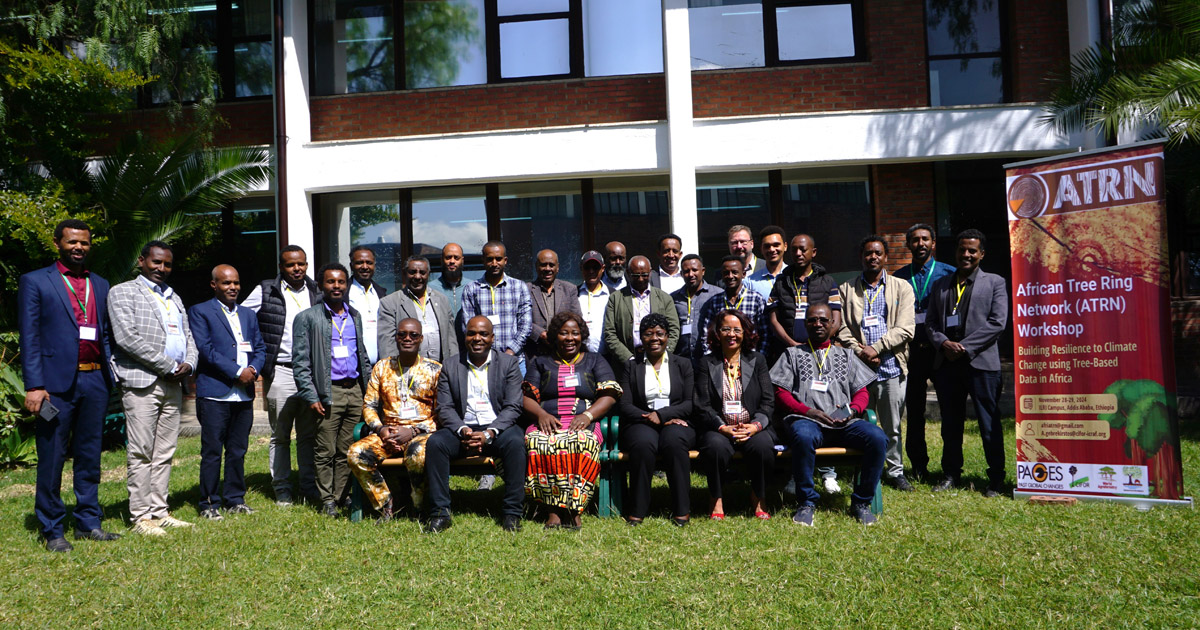We formulate a computable equilibrium model to analyze the effects of two drought risk sharing systems on the multi-sector economy of two partner countries. The first system is a proportionally divided system where the crops produced in the two partner countries are proportionally divided between them without extra cost at drought periods. The second system is a forward contract system where the two partner countries agree in advance to export a fixed share of their crops with a fixed price to the partner country in case of drought. In both systems, crops are transferred to the partner country when there is drought only in that country. In the case studies, we focus on Pakistan and Luzon in the Philippines, and quantitatively analyze the effects of the drought risk sharing on the expected agricultural production, the expected GDP, and so on. We conclude by proposing the optimal percentage of allocation in the systems that would benefit both countries and would be fair enough to motivate both of them to sign the drought risk sharing agreement.
DOI:
https://doi.org/10.1109/SMC.2017.8123187
Altmetric score:
Dimensions Citation Count:
























